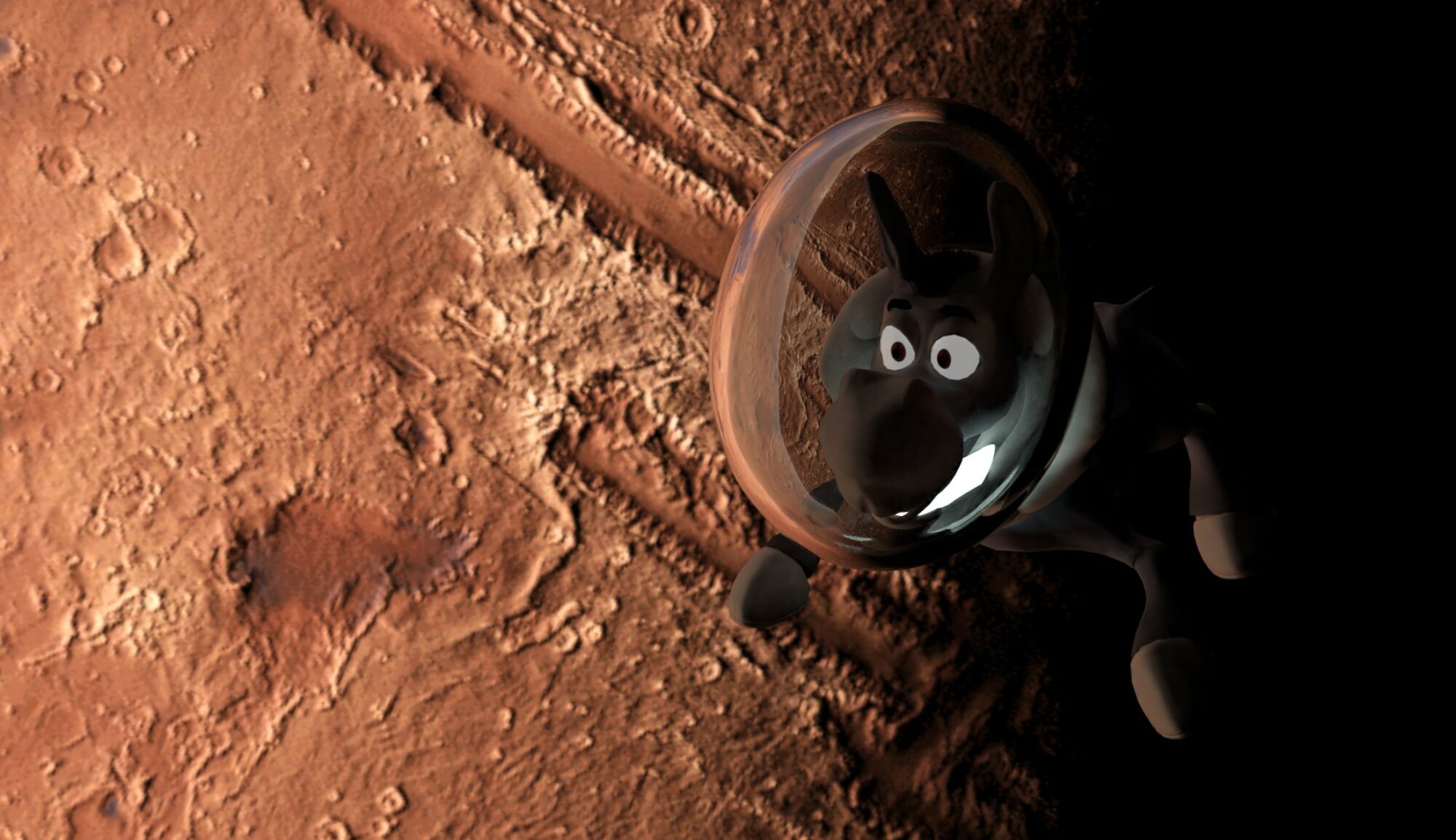We need some filler text here. Rather than use the boring latin placeholder text here are a few facts about:
The Millennium Falcon, originally known as YT-1300 492727ZED, was a modified YT-1300 light freighter with a storied history stretching back to the decades before the Clone Wars and the rise of the Galactic Empire. Manufactured by the Corellian Engineering Corporation in 60 BBY, the light freighter was first owned by Corell Industries Limited and underwent several name changes before being bought by the smugglers Kal and Dova Brigger in 48 BBY, and the ship eventually ended up as the property of the secretive Republic Group under the name Stellar Envoy by 29 BBY. The Envoy was destroyed in a collision with a bulk freighter above Nar Shaddaa, but it was rebuilt and served various owners under different names before Quip Fargil named it after the bat-falcon, and it eventually fell into the hands of Lando Calrissian after a game of sabacc—but Calrissian himself lost the ship in another game of sabacc to the smuggler Han Solo several years later.
Source: Wookieepedia
R2-D2 (phonetically spelled Artoo-Detoo, and called “R2” or “Artoo” for short) is a robot character in the Star Wars universe. An astromech droid (referred to in the novel as a ‘thermocapsulary dehousing assister’), R2-D2 is a major character in all six Star Wars films. Along with his protocol droid companion C-3PO, he joins or supports Anakin Skywalker, Luke Skywalker, Princess Leia, and Obi-Wan Kenobi in various points in the saga. R2-D2 was played by Kenny Baker. Along with Anakin Skywalker (Darth Vader), Obi-Wan Kenobi, and C-3PO, he is one of only four characters to appear in all six Star Wars films.
R2-D2 was designed by John Stears and Tony Dyson specially created by Australian firm Petric Engineering and English firm C&L Developments. Many scenes also made use of radio controlled and CGI versions of the character. Both the original props of R2-D2 and C-3PO used in filming are used as audio-animatronics in the queue area of Disneyland’s Star Tours ride.
Design
George Lucas’s creation of R2-D2 was influenced by Akira Kurosawa’s 1958 feature film The Hidden Fortress (USA release 1962), particularly Tahei and Matakishi, the two comic relief characters that serve as sidekicks to General Makabe. Lucas also drew inspiration from the robots Huey, Dewey, and Louie from Douglas Trumbull’s 1972 film Silent Running.
The name is said to derive from when Lucas was making one of his earlier films, American Graffiti. Sound editor Walter Murch states that he is responsible for the utterance which sparked the name for the droid. Murch asked for Reel 2, Dialog Track 2, in the abbreviated form “R-2-D-2”. Lucas, who was in the room and had dozed off while working on the script for Star Wars, momentarily woke when he heard the request and, after asking for clarification, stated that it was a “great name” before falling immediately back to sleep.[1]
R2-D2 stands for Second Generation Robotic Droid Series-2, according to a Star Wars encyclopedia published after the release of the film Star Wars: A New Hope.
Original trilogy
In Star Wars Episode IV: A New Hope, both R2-D2 and C-3PO are introduced on board the Tantive IV, along with Princess Leia of Alderaan, when they are fired upon by an Imperial Star Destroyer. Leia jams inside an opening in R2-D2 an information disc containing the plans for the Death Star battle station, along with encoding a distress message on the droid’s holographic projector. The droids then escape in a pod that crashes on Tatooine near Kenobi’s desert abode.
R2-D2 and C-3PO are then abducted by Jawas and bought by Owen Lars, step-uncle of Luke Skywalker. While Luke cleans the sand out of R2-D2’s gears, he discovers a fragment of Leia’s message, and removes the droid’s restraining bolt to see more; once free of the bolt, R2 claims to have no knowledge of the message. That night, R2 leaves the farm to seek out Obi-Wan Kenobi. Soon, by way of fate, Luke is forced to leave Tatooine with Obi-Wan, Han Solo, and Chewbacca, and they attempt to deliver R2-D2 to the Rebel Alliance. Along the way, they are pulled in by the Death Star’s tractor beam, but eventually rescue Princess Leia and escape. R2-D2 delivers the plans to the Rebel Alliance, and becomes Luke’s astromech droid during the attack on the station. R2 is severely damaged during the battle, but is restored before the ceremony at the end of the film.
In Star Wars Episode V: The Empire Strikes Back, R2-D2 accompanies Luke to Dagobah, and later to Cloud City, where he helps to rescue and repair a heavily damaged C-3PO and to override city security computers. He also manages to fix the Millennium Falcon’s hyperdrive, resulting in a last-minute escape from Imperial forces.
In Star Wars Episode VI: Return of the Jedi, R2-D2 plays a critical role in the rescue of Han, Luke and Leia from Jabba the Hutt, and later joins the Rebel strike team on Endor. He is badly damaged during the fight between the Imperial troops and the Rebels, but is repaired in time for the celebration marking the second Death Star’s destruction.
R2-D2 is male, as far as by state of androids. In A New Hope, Obi-Wan Kenobi states in gender specific, “Plug-in, he should be able to interpret the entire Imperial network.”
Source: Wikipedia
click here to close & scroll to trigger

